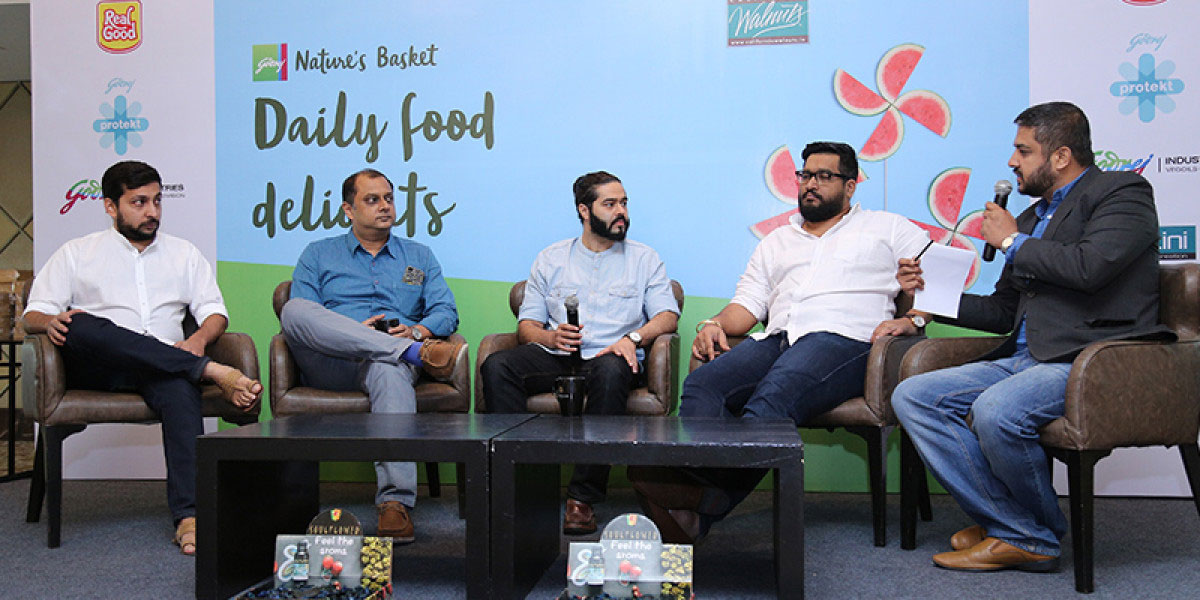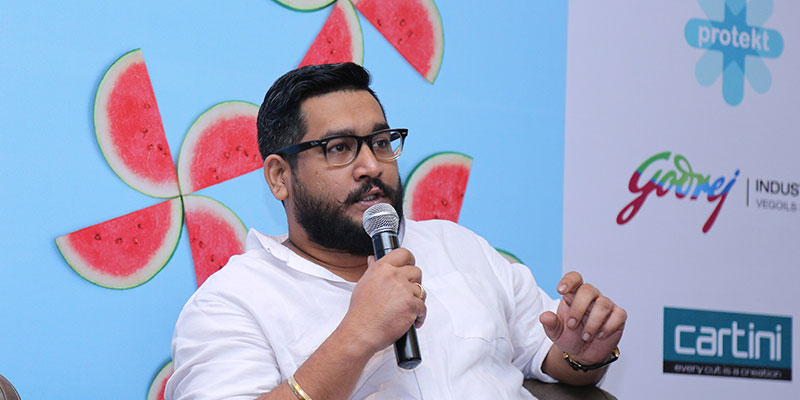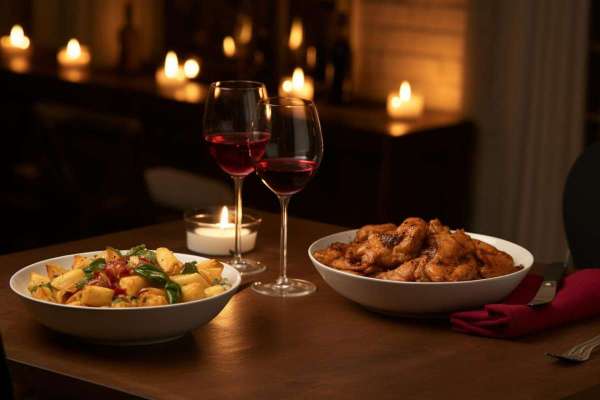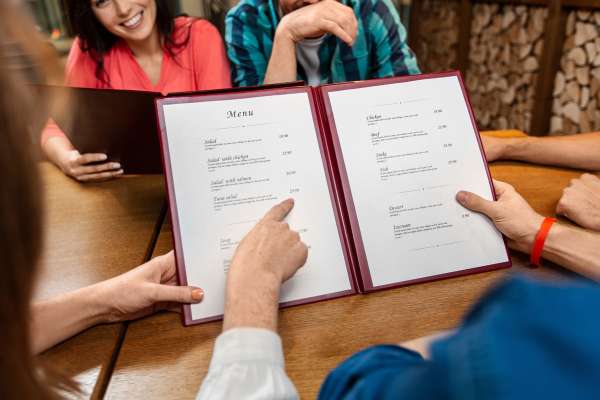
The opportunities and challenges for home chefs to sustainably scale up business


Setting up a business is just the first step for a home chef. Scaling it up and sustaining it is a whole different ballgame altogether. At Home Chef Matters 2.0 – Lost Recipes, renowned personalities from across the food spectrum gathered together to share their experiences and give pointers on how home chefs could overcome challenges to get to the next level

Getting to the next level
India’s home chef space has been evolving over the past few years and the general consensus is that it is at the cusp of the next level. Prateeksh Mehra, Founder, Spotted Cow Fromagerie, points out two reasons for this, “The kind of backing chefs have given to home producers is phenomenal. Everyone has also started going glocal. People have started realising that we have a lot to tap locally, whether it is produce or lost recipes.”

Restaurateur Mayank Bhatt agrees with Prateeksh and points out that there is a change in the way people eat out. “Regional Indian food is making a huge comeback. Commercial chefs are not trained to cook regional food. This is why collaboration becomes extremely important,” he says. “The field is wide open for home chefs right now to collaborate with restaurants.”

Go beyond pop ups
Over the past few years, pop up events have been an extremely popular space for home chefs to showcase their products. But Rohan Mangalorkar, Founder of Pack a Pav, tends to err on the side of caution, “When we started in 2014, there weren’t too many pop ups. Right now, the pop up space is saturated. Be selective about which ones you participate in.” He adds, “Understand your product and conduct a lot of research on who is organising the pop up. See if your product fits in.” Rohan says he has been focusing on collaborations with restaurants and opening more outlets.

Prominent food writer and blogger Kalyan Karmakar points out that collaborations with restaurants could be the way ahead for Home Chefs. “They can have a transparent and symbiotic relationship of respect. There is a demand for home cooked food because we live in nuclear families, and don’t have access to our grandmother’s food. It’s a great opportunity.”
Network, network, network
Meeting people in the food space and forming networks is crucial for a home chef’s success. Networking is extremely important, says Rohan. “If you don’t know a restaurateur, you won’t be able to collaborate with them.” Prateeksh says that personally interacting with chefs makes a big difference because their feedback can help improve products. He also points out the importance of collaborating with other home chefs, “Build a community where you can showcase products because not everyone is on social media.”

To scale up or not?
Once a home chef has got the basics in place, how does he or she scale up and sustain the business? Kurush Dalal, Proprietor of Katy’s Kitchen catering service, says food is a personal experience, so not everything can be scaled up. “Decide what you want to do. If you are going to be happy feeding people at your dining table, then don’t scale up. If you want to have a chain of restaurants, then scalability is the way to go.” He adds, “Food is hands-on for me. I like knowing my suppliers and my clients, so I wouldn’t be able to open a branch in Delhi, for example.”

The formula for scalability
Working out how one can flexibly scale up is important. Sandeep Sreedharan of Esca Brahma and Curry Tales advises, “Create concepts across the spectrum. Esca Brahma is a high-end, boutique dining experience, which isn’t scalable. Curry Tales is casual dining experience, so it can be scaled up. "Scalability is also about the process and science behind cooking and how you can take that to the table.”

Munaf Kapadia, CEO, The Bohri Kitchen (TBK), says staying true to one’s food is a challenge while scaling up. “TBK is recognised because of the flavour of the food that my mother cooks,” he says. “But when I cater in different cities, she can’t travel with me. So I have to use her recipes to cook, but stay true to her food while catering for 500 people.” He also has a word of warning about not going overboard: “It is more about knowing when to stop and not scale up anymore.”
Are there any tips you have for sustainably taking a home chef’s business to the next level? Let us know in the comments section below.




